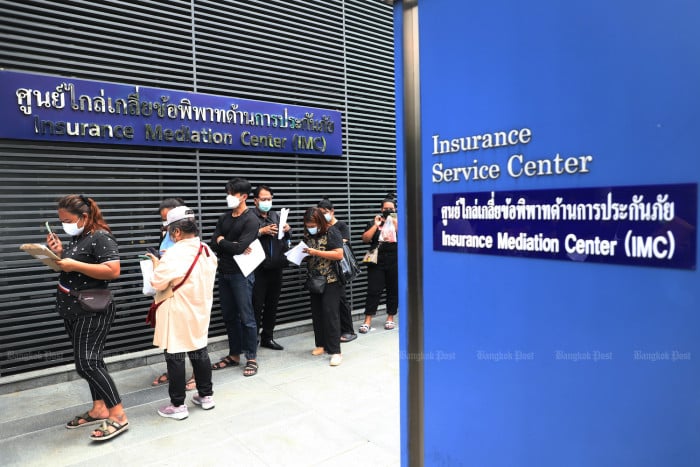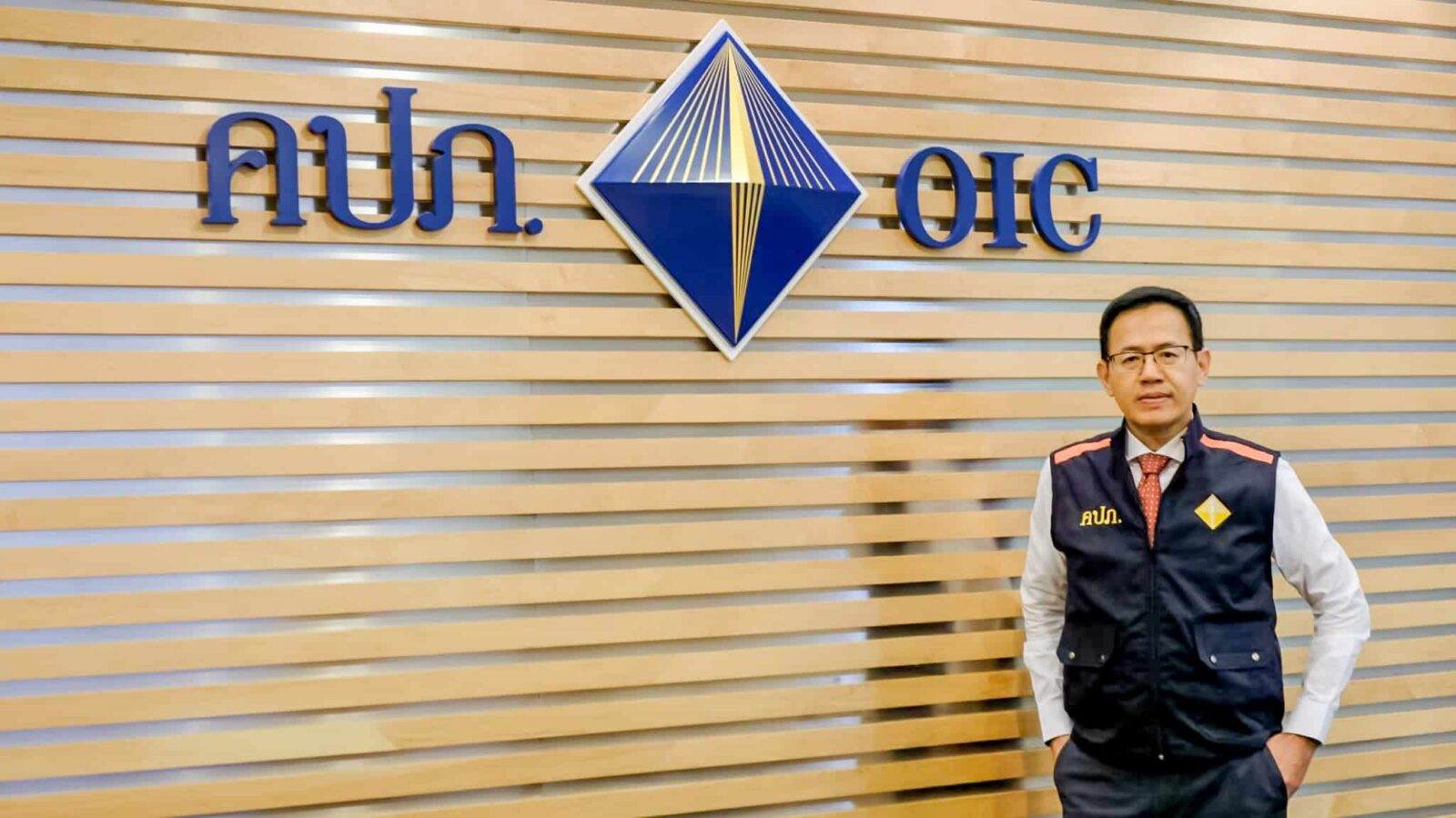Collaborating with the Office of the Insurance Commission (OIC), the insurance and assurance industry is actively promoting the adoption of digital technology. This initiative aims to mitigate business risks and enhance sustainability.
The evolving landscape, marked by technological disruptions like cyberthreats and artificial intelligence (AI), is reshaping the economic paradigm. Concurrently, Thailand’s aging population is driving an increase in medical expenditures.
Given these dynamics, the OIC has embraced technological solutions to assist both consumers in managing risks and insurers in fortifying their resilience.
In the early months of 2023, the insurance sector witnessed unexpected growth of 4.81%, surpassing initial projections. This growth underscores a heightened awareness among individuals about the significance of preemptive risk management for their health and assets.
Recognizing the mounting uncertainties that loom over the industry, the OIC is dedicated to action.
The Thai Life Assurance Association (TLAA) envisions an expansion of investment avenues for insurers, urging the OIC to facilitate this. Collaboratively, the regulatory body and the private sector are striving to enhance the industry’s robustness and sustainability by leveraging technology to elevate product quality.
Demonstrated successes include the transition to digital insurance policies, which curtails paper usage. Additionally, AI is employed in claims settlements to augment transparency, while a broader focus on sustainability within the insurance sector is being propagated.
Past instances of unsustainable policies, notably exemplified by the Covid-19 insurance lump-sum payout policies, serve as cautionary tales. Such policies prioritized mass sales but faltered due to surpassing underwriting capacity, rendering them nonviable.
A shift towards a customer-centric insurance industry, fostering trust, is the goal. Integrating technology and sustainability presents an avenue for crafting more responsive products, utilizing extensive data.
This synthesis should enable insurers to adeptly fulfill customer needs while managing risks astutely. Sara Lamsam, president of the Thai Life Assurance Association, asserts that insurance enterprises can be fashioned as proponents of sustainability by adhering to environmental, social, and governance (ESG) principles.
Under the environmental facet, policy premiums can be channeled into green companies via bonds or stocks, thus championing sustainability.
From a societal perspective, insurers are striving for greater inclusivity through wider coverage options and affordable micro-insurance premiums.
On the governance front, the emphasis is on fostering parity among employees at all hierarchical tiers and ensuring transparency in operational processes.
A perceptible shift in consumer behavior has ignited a demand for tailored services. To satiate this, leveraging information technology becomes paramount, culminating in the design of localized insurance plans that resonate with specific sub-communities.
Noteworthy examples encompass sub-communities like big bike drivers, who possess distinctive risk profiles, and residents residing in locales plagued by high PM2.5 levels. For the latter, the focus shifts towards addressing lung cancer concerns, distinct from more generic chronic illnesses.
The contemporary insurance landscape pivots from mere sales to personalized recommendations, meticulously tailored to each customer’s unique requisites.
This transformation mandates the comprehensive analysis of voluminous data, a task facilitated by technology such as AI and data analytics. The outcome is an array of customized products, defying the one-size-fits-all approach, in response to customers’ articulated desires.











Leave a Reply